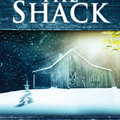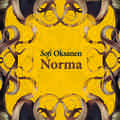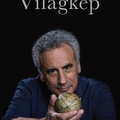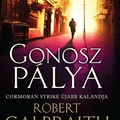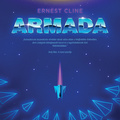I have read the debuting novel The Book of Summers by Emylia Hall after seeing her at the International Bookfestival Budapest in April and I asked an e-mail interview from her. She was kind enough to give from her time to answer my questions in detail. For the Hungarian version of the interview please click here. Az interjú magyar változatáért katt ide.
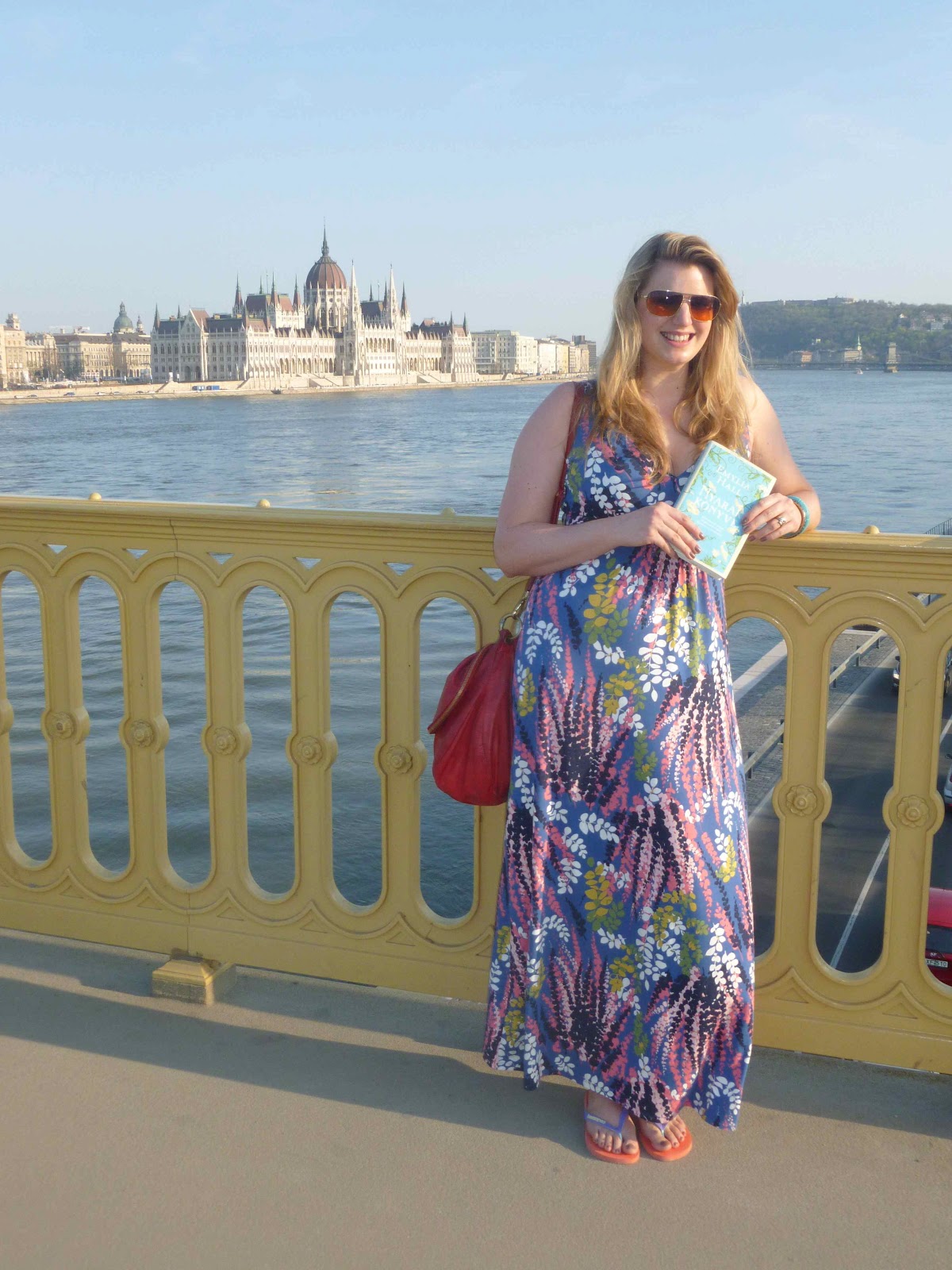 Emylia Hall on the Margaret Bridge, Budapest in April, 2013 with the Hungarian Parliament in the back (source: Emylia Hall's blog)
Emylia Hall on the Margaret Bridge, Budapest in April, 2013 with the Hungarian Parliament in the back (source: Emylia Hall's blog)
First of all - if it is not too personal - please tell us about your Hungarian roots. How did your mother get to the UK, how did she meet with your father, where do the Hungarian part of your family comes from the country?
My mother was born in England to Hungarian parents (from Budapest and Transylvania), and she met my father when he was training to be an art teacher in her home town. She always felt a very strong connection to Hungary, and so in 1990 she was thrilled to go there for the first time. My dad drove us all the way across Europe (as David Lowe does, in the story) and we enjoyed exploring the country together, my mum, my dad, my sister and I. Those travels inspired the writing of The Book of Summers, and I took great pleasure in reliving my memories of the country - the heat, the landscape, the food - on the page.
Have you ever wanted to learn the language?
I grew up with a few 'baby words' in Hungarian, and as a child always said Good Morning and Good Night in Hungarian too. As a result of our Hungarian holidays I now understand quite a few food-related words... I certainly know my way around a Hungarian menu. While I can't hold a conversation in Hungarian, as a language it feels familiar to me, and if I pass a Hungarian on the street in the UK, even if I only hear one or two words I can recognise the rhythm of the speech and know it for Magyar.
If you think about the word: Hungary, what are the first three things which come to your mind?
Sunshine. Balaton. Paprika.
How often do you come to Hungary?
I've been to Hungary maybe nine or ten times in total. Before my trip for the Budapest International Book Festival the last time was in 2008, a holiday at Balaton. The year before, in 2007, I'd spent a wonderful month at Balaton with my husband, learning to windsurf, sun-bathing, reading, and writing... That was the year that I started writing The Book of Summers. It's a beautiful country, and one that I feel strongly connected with thanks to my childhood travels.
In The Book of Summers the food have a big role. What do you think about the Hungarian cuisine?
I love Hungarian food. At home my mum often cooked with paprika, so I grew up with certain dishes already seeming familiar. I enjoy hearty food, I like spice and heat, and I've a sweet tooth... Hungarian cakes are great, and my favourite is Dobos. When I arrived in my hotel room for the Budapest Book Festival my wonderful publisher, Park, had a Dobostorte waiting for me, along with a copy of my book in its Hungarian translation. What a glorious welcome.
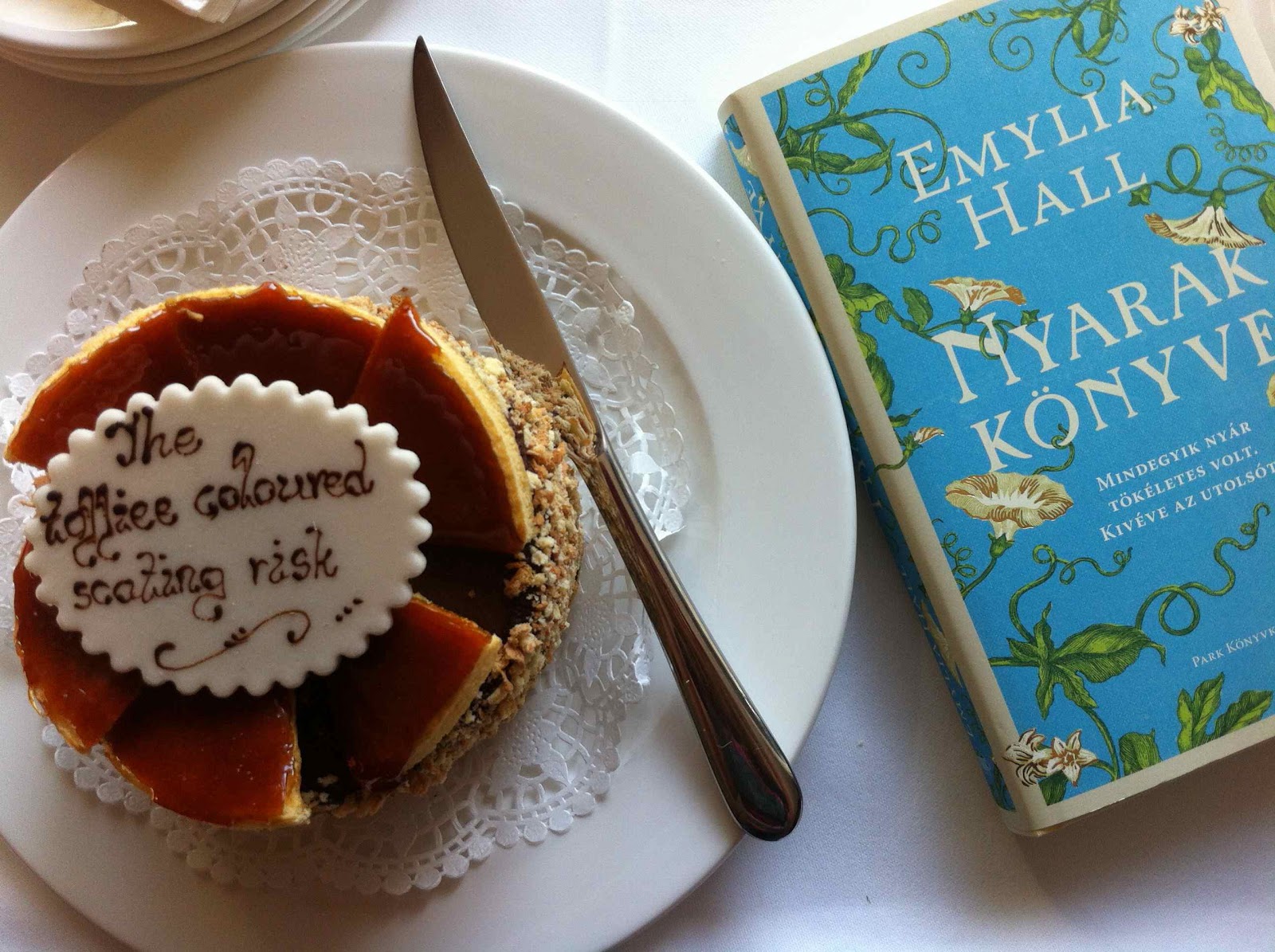 The welcome cake (source: Emylia Hall's blog)
The welcome cake (source: Emylia Hall's blog)
How did you write your first book? Did you have a schedule and you worked a few hours every day or you wrote when the inspiration came? How does an average day of yours look like when you write?
I began writing my first novel in 2007 while working full-time in an advertising agency. I worked in the early mornings, evenings, and on weekends, but progress was slow, and I was worried that I wasn't being self-critical enough, and that I didn't feel 'consumed' enough by the process. So after about two and a half years of that, I decided to take a year out. I lived on a shoestring budget, became something of a hermit, worked part-time in a book shop for a few months... and finished writing The Book of Summers. At the end of that year I felt like I'd given it my best shot, and regardless of whatever happened thereafter - if I found an agent/ publisher (or not) - I wouldn't regret the time I'd spent working on it. These days I write full-time, which is a real privilege. I generally write in the mornings, and then in the afternoon I edit, revise, and do the 'admin' that always seems to build up. I read every day too - I think that's essential for a writer. I am quite organised, and like working to a schedule, and a timing plan - probably a throw-back to my days working in an office.
I think that the main message of the novel is that the two most important things in life are love and honesty and none of these are enough without the other. What do you think about this?
I think that's a very good summation.
Please tell us a few classical and contemporary novels that you like very much.
I enjoy coming-of-age/ childhood stories, so really treasure books such as I Capture The Castle by Dodie Smith, The Greengage Summer by Rumer Godden, and Hideous Kinky by Esther Freud. My favourite contemporary writer is Susan Fletcher - she's written four novels (Eve Green, Oystercatchers, Witch Light, and The Silver Dark Sea) and as a body of work it's entirely beautiful. I tend to favour poetic writing, lyrical and soulful, where you feel you know the characters intimately and the sense of place is seductive and striking. Daphne du Maurier's Rebecca is one of my favourite novels, and I love the way that du Maurier was so concerned with 'place'. Cornwall was her home, but also the heart of all of her books. As to classics, the English 19th trio of Pride and Prejudice, Wuthering Heights, and Jane Eyre is hard to beat. I first read them at school/ college, and they remain favourites until this day.
What did you read last time and what are you reading currently?
I've just started reading Ghana Must Go by Taiye Selasi. It's supposed to be for a forthcoming holiday but I started it early... It's absolutely brilliant. Gorgeous writing, smart, and elegant. Before that, the last novel I read was The Black Stallion by Walter Farley! It was an 'experiment' for a blog that I was writing, to see what it would be like to re-read a favourite childhood novel as an adult. I was amazed that I enjoyed as much as I did the day when I last read it - aged ten.
Have you ever read from Hungarian writers? If yes, from who and what? Do you have favourites?
I must admit that I haven't read any Hungarian writers... but I do plan to! In fact Sándor Márai's novel 'Embers' is on my list of books to read. When I was last in Budapest I picked up a postcard with a quote of his on it - "Kávéház nélkül nincs irodalom" which I'm told means 'without coffeehouses there would be no literature". As both a coffee addict and a writer, I keep it on my writing desk as a good luck charm.
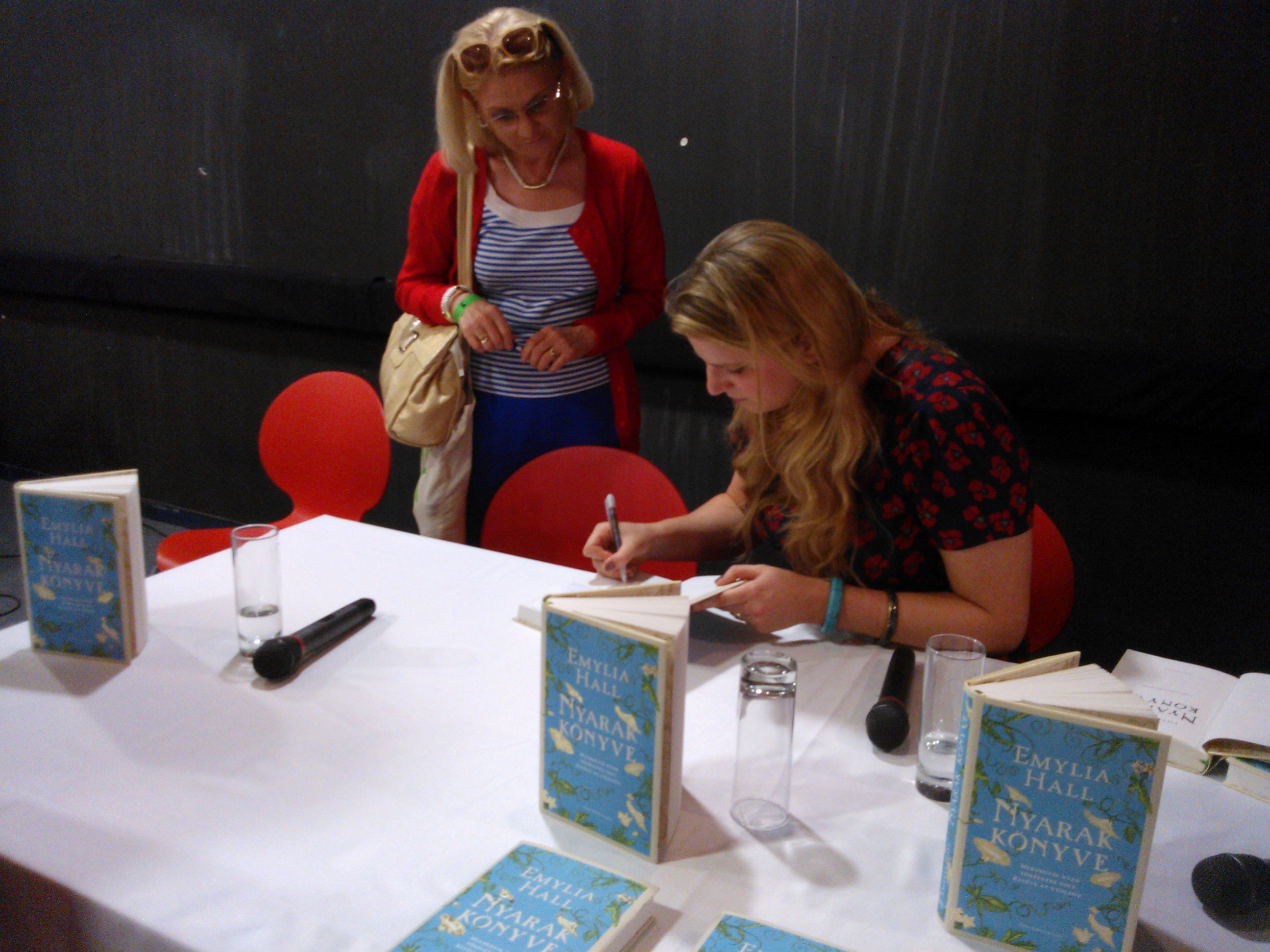 Emylia Hall at the International Bookfestival Budapest in April, 2013
Emylia Hall at the International Bookfestival Budapest in April, 2013
At the International Bookfestival Budapest you mentioned that your second novel is about to be published. Please tell us about this one.
My second novel is called A Heart Bent Out of Shape (in the USA it'll be called The Swiss Affair). It's set in Switzerland, and follows an English student called Hadley, studying in Lausanne for a year. She arrives in the city as a 'clean sheet', a novice, without having experienced any of the real highs and lows of life... Her year abroad turns out to be both formative in every sense, as she encounters love, and loss, and is forced to make difficult, soul-searching decisions. I love to travel, and am fascinated as to how we behave when we're abroad - the freedom we feel, how we can reinvent ourselves, fall in love with places that then stay with us, long after we've left them. I'm also a great admirer of Ernest Hemingway's writing, and this comes through in the book. In Lausanne, Hadley studies American Literature, just as I did. That is where a comparison between our storylines starts and stops however, as Hadley's year in Switzerland is far more challenging than mine ever was...
Do you have ideas for your third novel?
Yes, in fact I'm just working on it now. It's very early days, so I don't like to talk about it too much, but I know the setting, the characters. I know its heart.
What would you suggest to someone who would like to have the same big change in his/her life like you had and wants to be a writer?
The only way to be a writer is to write. That sounds obvious, if not trite, but it's true. I think you have to genuinely love the act of writing, enjoy spending your time at the page - if your only ambition is to be published, without giving thought to the pleasure of creation itself, your hours at the writing desk will feel like little more than graft. It's important to write about something you feel passionate about, and that you believe in, for the same reason. Writing a novel is a long and arduous journey - so it has to be a world that you're happy losing yourself in - that you don't mind giving blood, sweat and tears to. Oh and be kind to yourself. Find yourself a nice spot to work in, where you can have peace and quiet - a corner of your house, or a public library. Play the music you love. Drink good coffee. Surround yourself with inspirational things and people. Travel. Explore. Be curious. It all feeds in to the work.
